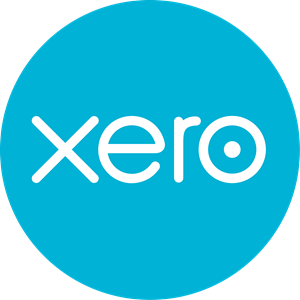On Building The Next Generation Communication And Energy Network Infrastructure
Hello! Who are you and what business did you start?
Hi, Mark Kellett is my name. First and foremost I am a husband to Susan and father to Brandon and Ben, our two sons. My family is my greatest priority and gives me the most joy in life! So now to me, I would at the outset say that I have perhaps too often taken “the path less travelled”, to seek out adventure in life and business.
At age 23 I found myself on Mount Everest, representing my country at the World Triathlon Championships in later years, and then in 2017 swimming from England to France.
In business, I started out life in the Airline Industry in Ireland, training as an accountant and also getting a chance to see the world for free! I then worked in the High street Retail sector in the UK and Europe before moving into Technology with Companies like Sun Microsystems, and Network Appliance. With the growth in the online sector/media, I took up a senior role as CFO EMEA for Yahoo! establishing their base of operations for the region outside of Ireland.
With a broad sectoral background and also having completed an MBA, I was offered a role to lead a relatively young Telcoms firm in Ireland that was at the forefront of the deployment of Fibre Optic/High Speed broadband services to the...

















